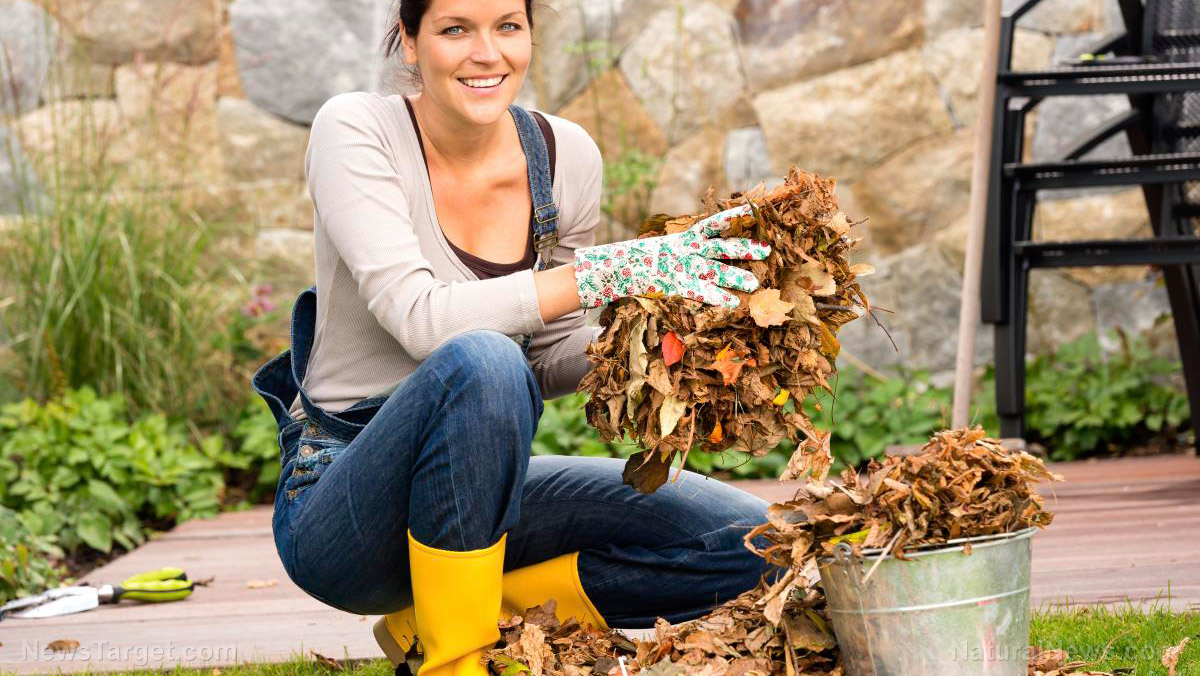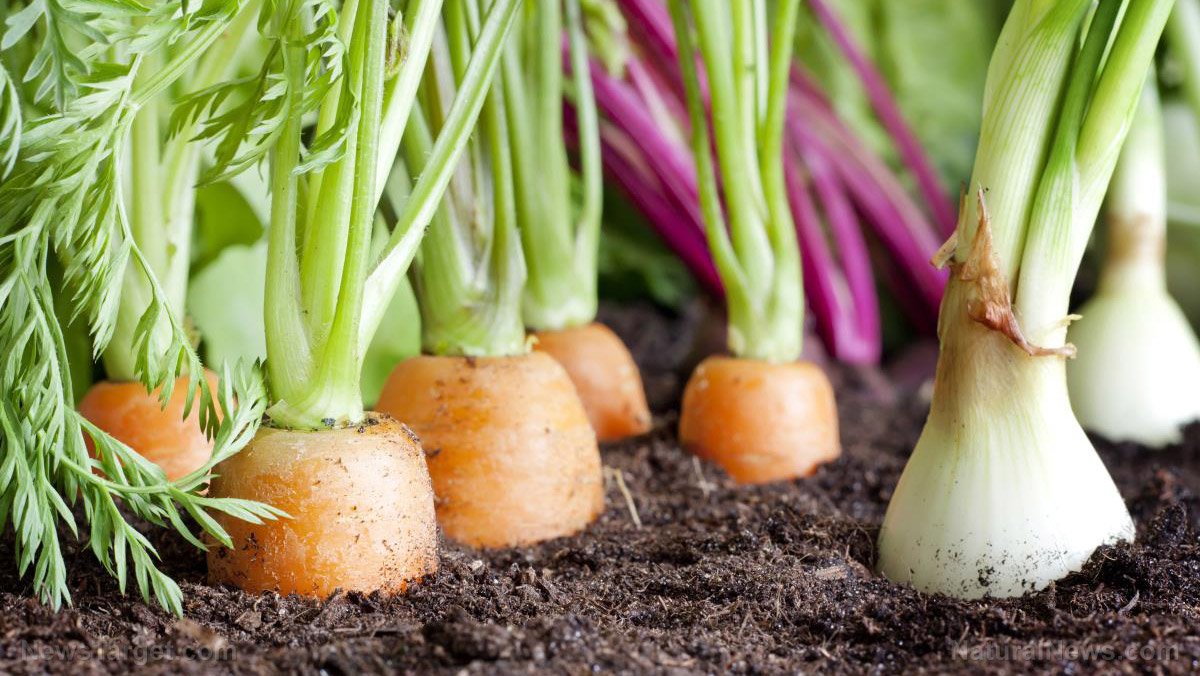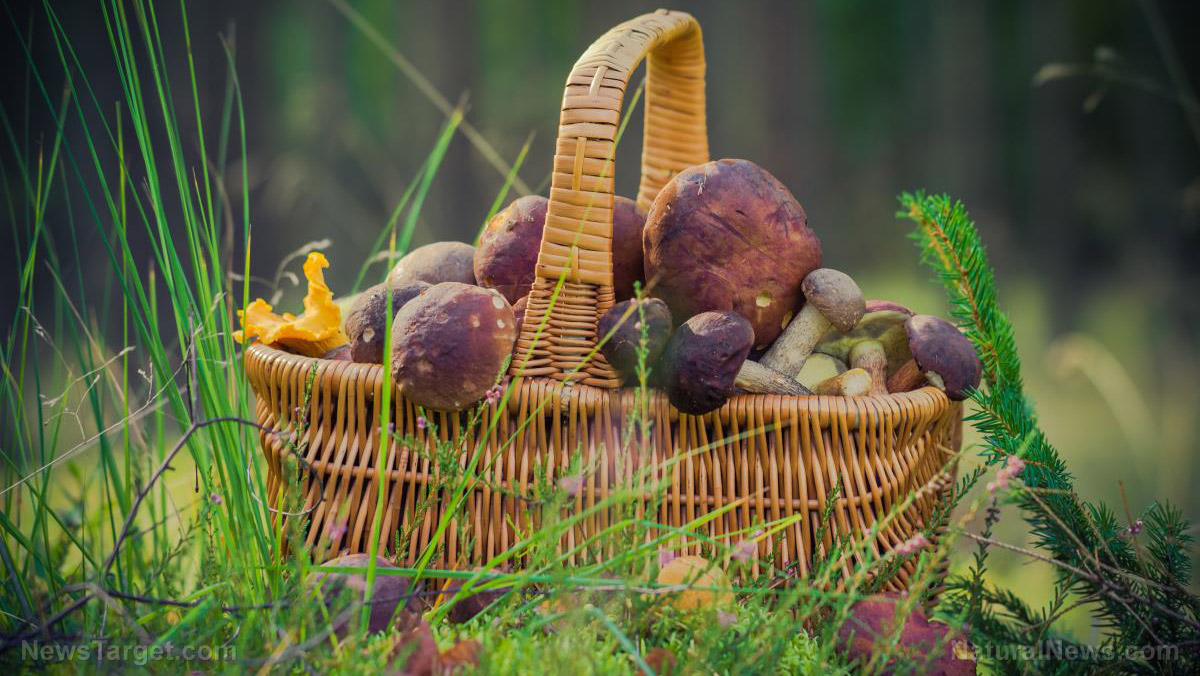
Advertisement
Using natural compost in your garden is one of the best ways to grow healthy crops without any harmful chemicals.
Making your own compost will also help you save a bit of money, especially if you use non-toxic ingredients you can find around your kitchen, like apple cider vinegar, banana peels or eggshells.
Benefits of using natural compost
Since ancient times, people have used natural compost to keep their crops healthy. But modern gardeners and farmers eventually switched to synthetic fertilizer, which quickly nourishes the soil but also causes harmful effects with long-term use.
Using industrial fertilizers causes imbalances in your crops. Store-bought fertilizers also kill good microbes and earthworms that help keep garden soil healthy. In contrast, natural compost offers several amazing benefits for your home garden, such as:
- Improving soil quality by helping build up its structure and texture.
- Stabilizing pH levels and supporting the growth of essential bacteria.
- Letting plants effectively use nutrients for optimal growth.
- Increasing airflow and water retention.
Organic matter in natural compost helps earthworms thrive, which then helps aerate garden soil. Natural compost also helps prevent erosion and soil-borne diseases.
Understanding the composting process
Compost is made of organic materials that break down in garden soil and help enrich soil structure as well as provide essential nutrients for crops to absorb.
The composting process may seem complicated for newbie gardeners, but learning about the natural decomposition process that occurs in nature will help you understand how composting works.
Wooded areas are full of organic materials like leaves and trees that slowly decompose over time because of various microorganisms and earthworms. After organic materials have decomposed, they turn into humus, a crucial element used to produce rich, fertile soil that grows healthy plants.
Decomposition in nature is similar to garden composting. After organic materials decompose in your DIY compost pile, your final product is similar to humus — a dark, crumbly, soil-like material.
5 Ways to make natural compost
Boost your harvest with these five simple ways to make compost.
Algae compost
Algae compost isn’t as popular as banana peel or eggshell compost, but it’s also good for garden soil. You can use either fresh or dried algae, which contain trace elements that will help nourish the “good” microbes living in garden soil. Using algae compost will help keep your plants healthy and prevent wilting. It will also help protect your crops against some microorganisms that can make them sick. You can get algae from a clean pond in your farm or backyard garden.
Pond scum and algae are living organisms that are full of nitrogen and break down quickly in a compost pile. Using pond scum as fertilizer helps incorporate important nutrients like phosphorus and potassium into your compost.
Remove pond scum from a backyard pond using a swimming pool skimmer or a rake. Let the excess water drain, then place the scum in a bucket. If the water is salty, rinse the scum with a garden hose before adding it to the compost bucket.
Instructions:
- Get a generous amount of algae and put it in a bucket of clean water.
- Cover the bucket and let the compost mixture sit for two to three weeks.
- Once the compost is done, use the liquid to spray garden soil. Use two cups on small plants. If you’re caring for a medium or large plant, spray four to six cups of the algae compost on it.
Apple cider vinegar compost
The acetic acid in apple cider vinegar can help fertilize plants that thrive in acidic soils. Absorbing nutrients from apple cider vinegar compost will help keep plants in good condition and prevent leaves from looking burned.
Instructions:
- Add one tablespoon of apple cider vinegar to the water you’re going to use to water your plants. Water them as usual.
- Repeat the application of apple cider vinegar compost at least once a month.
Banana peel compost
Banana peels are full of potassium, making them one of the best natural ingredients for a DIY compost.
Plants need potassium because it has an important role in photosynthesis and the formation of resistant tissues. The mineral also helps revitalize plants when they stop flowering or start looking dull.
Instructions:
- Cut the banana peels into several strips, then boil them in a pot filled with water for 15 minutes.
- Once the banana peels are boiled, turn off the heat and set them aside to cool.
- Spray the banana peel fertilizer around the plants. You can also leave the banana peels inside the water.
Eggshell compost
You can add other ingredients to eggshell compost like kitchen scraps, leaves, manure and straw, or you can use eggshells on their own.
Eggshells are full of calcium and can help prevent blossom rot in plants like eggplants, peppers and tomatoes.
Instructions:
- Crush several eggshells and place them at the bottom of your crops.
- Alternatively, you can let the eggshells dry and grind them into a fine powder. Spread the powder around the plant.
Wood ash compost
Wood ash compost helps flowers and plants mature. It’s also full of phosphorous and potassium, two minerals that are great for soil enrichment, and trace amounts of copper, magnesium and zinc.
Additionally, wood ash contains substances that help repel ants and other pests. Just make sure you don’t use wood ash compost on acidic soil plants because it will alter the soil’s pH.
Wood ash from your fireplace can be used for this type of compost, but avoid ash from charcoal, trash fires or treated wood that may contain toxic chemical residue from additives.
Instructions:
- Take several scoops of clean wood ash and dilute them in water.
- Use the liquid mixture to water your plants.
- Alternatively, you can spread a thin layer of ash about two to three centimeters away from the stem.
Revitalize sickly garden plants with DIY compost made from natural ingredients like banana peels, eggshells or wood ash.
Sources:
Advertisements







